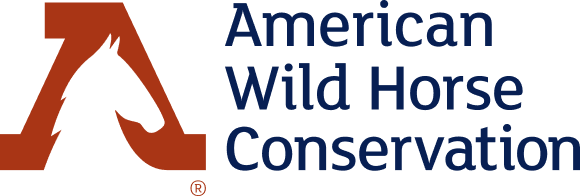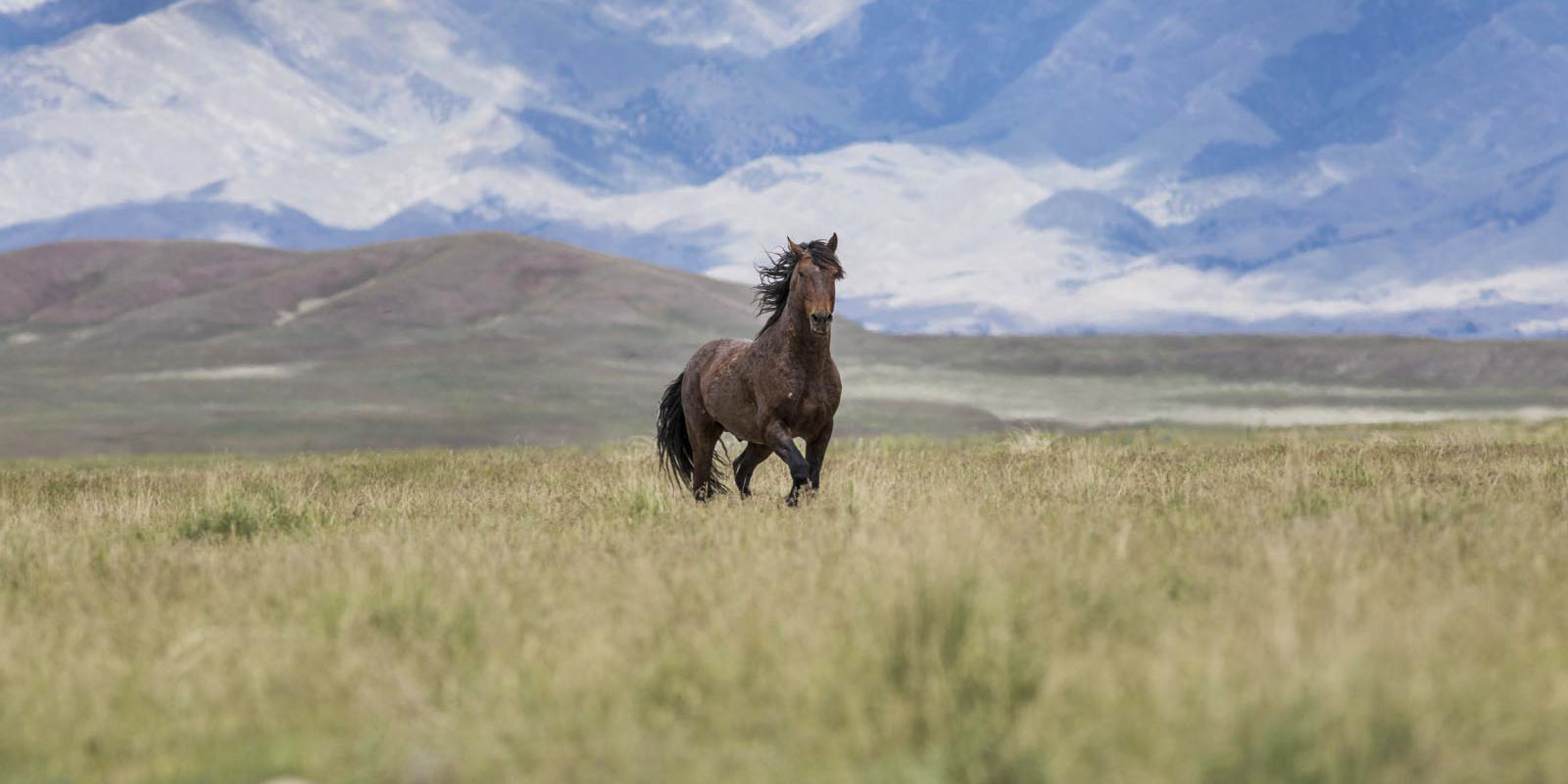The Nevada Board of Agriculture voted 8-1 to hand over control of as many as 3,000 wild horses in the Virginia Range to a yet-to-be-determined non-profit group.
The board’s vote in favor of the plan came despite widespread opposition from wild horse enthusiasts who say it puts the horses at risk of slaughter and business interests who say horses on the range are integral to the state’s frontier image and business recruitment.
“This is a dangerous move, it is an illegal move and it is totally against the will of the public,” said Suzanne Roy, executive director of the American Wild Horse Campaign.
The vote came during an emotional public meeting that generated dozens of public comments from people who attended in Sparks and Las Vegas.
Board member David Stix, who administered the portion of the meeting in Sparks, said the decision was necessary because the state is incapable of managing the horses, considered by many to be an iconic symbol of the region.
“The government in some cases can’t do certain things,” said Stix, an appointee from Lyon County representing semi-range cattle production. “And one of those things is manage animals.”
The vote means Nevada Department of Agriculture staff will devise a request for proposals from non-profit animal advocacy groups interested in taking ownership of the animals.
Prior to the vote there was no available staff report or written description of how a transfer might work or how much it would cost.
Board members said their intent was find an established, animal advocacy organization with the desire and financial backing to keep the horses on the range and prevent them from being sold for slaughter. But they acknowledged once the state gives up ownership it would be difficult to control the horses’ fate.
“There are no absolutes in this life we live,” said Jim Barbee, director of the Department of Agriculture, which is now charged with crafting a process to unload the horses. “At the end of the day they would become private property.”
Through spokesperson Mari St. Martin, Nevada Gov. Brian Sandoval issued a statement in support of the board following the vote.
“The Governor is supportive of the Department of Agriculture working alongside any organization that will humanely help manage or take ownership of the Virginia Range horse population,” the statement read.
Vote upends previous management model
The decision by the board members, who are appointed by the governor to represent various factions and communities with an interest in agriculture, is a dramatic policy shift.
Unlike wild horses that roam much of Nevada under the jurisdiction of the federal Bureau of Land Management, free-range horses in the Virginia range are considered feral or “estray” livestock and fall under state jurisdiction. That means they aren’t protected by federal regulations that restrict the sale of wild horses for slaughter.
Until recently, the department had been managing Virginia Range horses under an agreement with the American Wild Horse Campaign.
The policy of outsourcing management to the non-profit while retaining state ownership was the product of a series of agreements dating back to 2013.
Initially, the agreement called for the state to give the non-profit a chance to facilitate adoptions for captured horses. It was amended in 2015 to give the group more management responsibility, a move that facilitated the group’s efforts to use volunteers to administer birth control to horses. Under the agreement the non-profit secured adoptions for more than 200 horses and prevented the births of at least 350 foals through a birth control darting program.
The relationship unraveled, however, when the department complained the group wasn’t holding up its end of the bargain and the non-profit said the state was undermining its efforts by allowing others to undertake horse management outside normal protocol.
On Oct. 25 the state terminated the deal and said it would seek another non-profit partner for management.
The ownership transfer proposal the board approved, which only came to light Wednesday when it was added to the agenda for Tuesday’s meeting, upends the existing model of state ownership of the animals with non-profit management support.
“No one is very happy or very satisfied with the way these horses have been managed,” said Boyd Spratling, vice chairman of the board who submitted the proposal to end state ownership altogether.
“What we have been doing is not good for anybody,” Spratling said.
Unpopular decision
While there was plenty of disagreement when the state was working alongside the non-profit under the previous management agreement, opposition to the model proposed Tuesday was nearly unanimous.
Among the 152 comments that came in before the meeting, only three were in favor, four were neutral and the rest were in opposition, according to a tally from the department.
The breakdown of comments at the meeting was similarly weighted toward the opposition. Representatives from horse advocacy groups that have previously argued with each other joined in opposition to the proposal.
"This issue is being rushed through with no staff report or analysis," said Sheila Schwadel of Pine Nut Wild Horse Advocates in Gardnerville. "It is incumbent on this board to conduct adequate research."
Fred Voltz of Carson City called the proposal "reprehensible," and accused the state of, "trying to offload responsibility for the horses."
Major landowners, including the owners of the Tahoe Regional Industrial Center, also joined the opposition.
Kris Thompson, project manager for the center, which is home to facilities for Tesla, Google, Switch and other major companies, said the horses are a major draw for business leaders.
Thompson, who said he was also speaking for owner Roger Norman and developer Lance Gilman, pointed to an Instagram post by Tesla co-founder Elon Musk featuring a video of wild horses grazing near the Tesla Gigafactory.
He said Musk’s enthusiasm for the horses mirrors other business leaders who invest in the area.
“They won’t build at a site that has poor or sloppy environmental management,” Thompson said. “Don’t ruin our brand, help us bring business to Nevada.”
Carlo Luri, director of government affairs for Bentley Enterprises, a Minden-based company that owns Bentley Ranch, which raises grass-fed beef, and Bentley Heritage, an estate distillery, called the proposal, “ill-conceived,” and said it “opens the door to pro horse-slaughter organizations.”
The American Wild Horse Campaign also challenged the legality of the proposal.
In a letter to the board attorney Jon Ludwig wrote disputed assertions from the agriculture department that existing statutes covering state management of feral or estray livestock support wholesale transfer of ownership of the horses.
“Any attempt by the Department or the Board to transfer ownership of the herd would violate the statutes,” Ludwig wrote.


